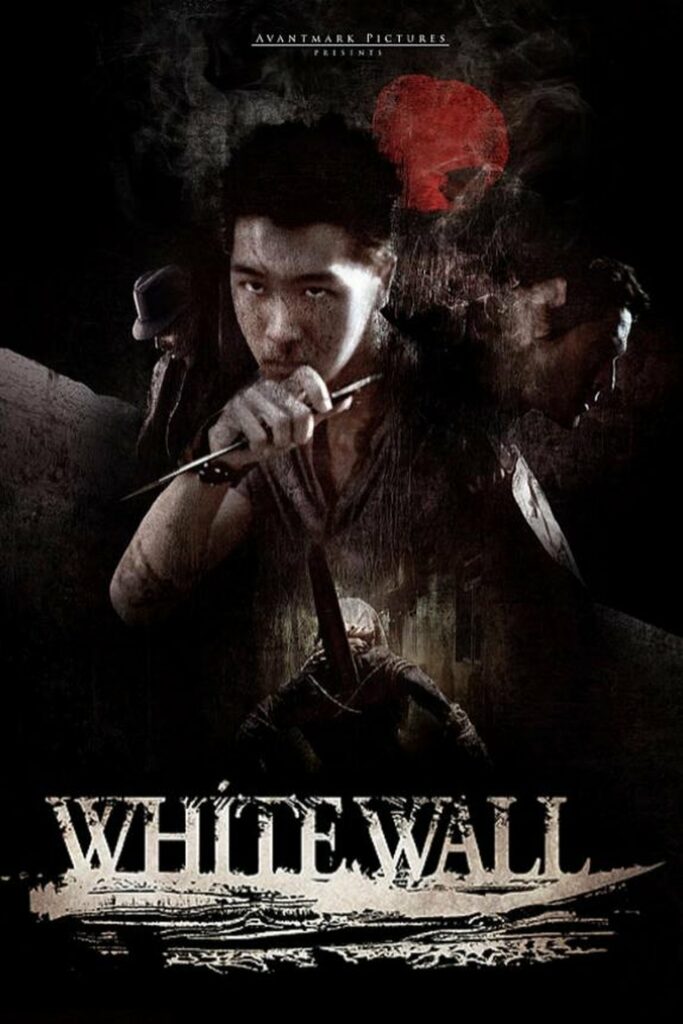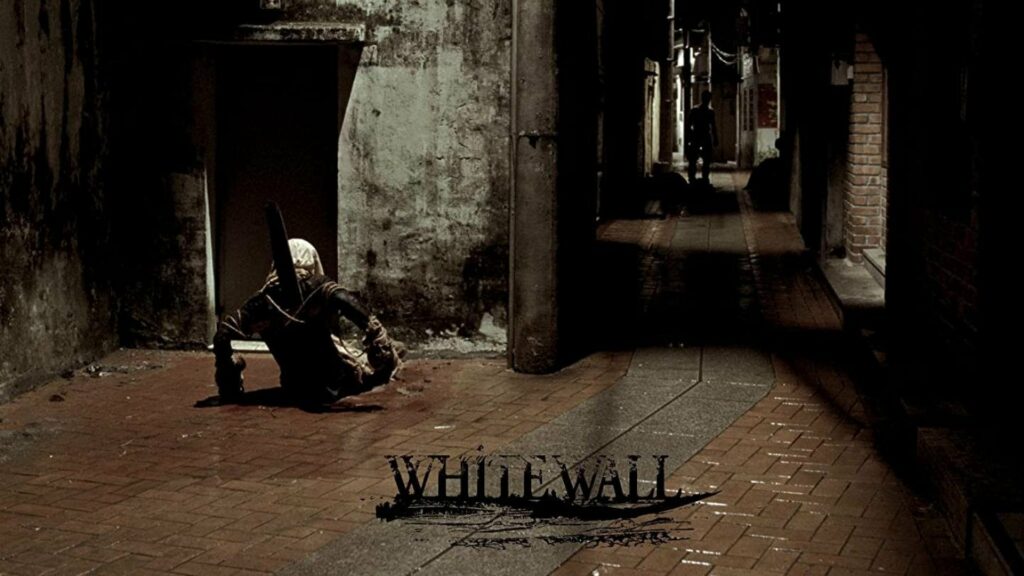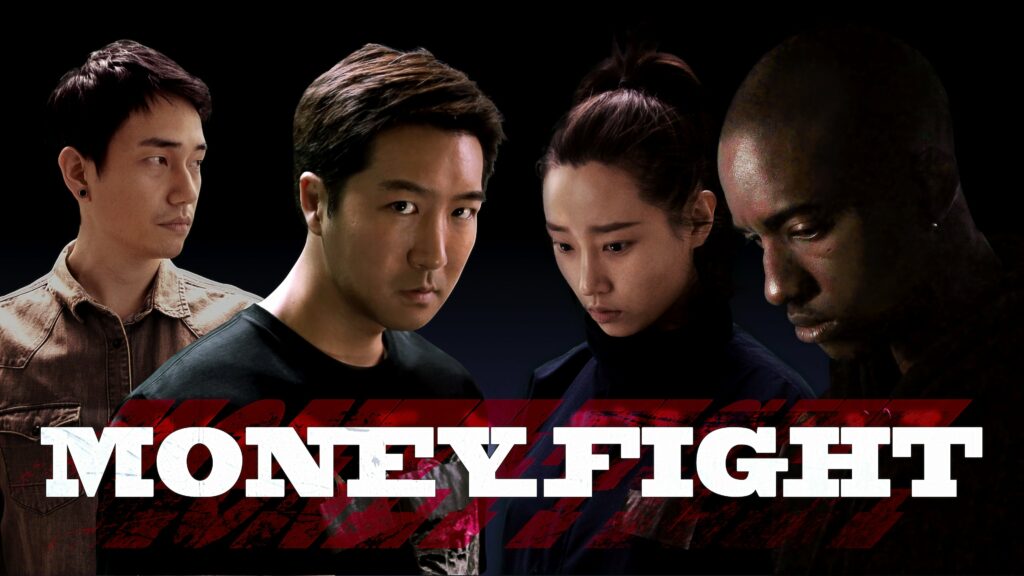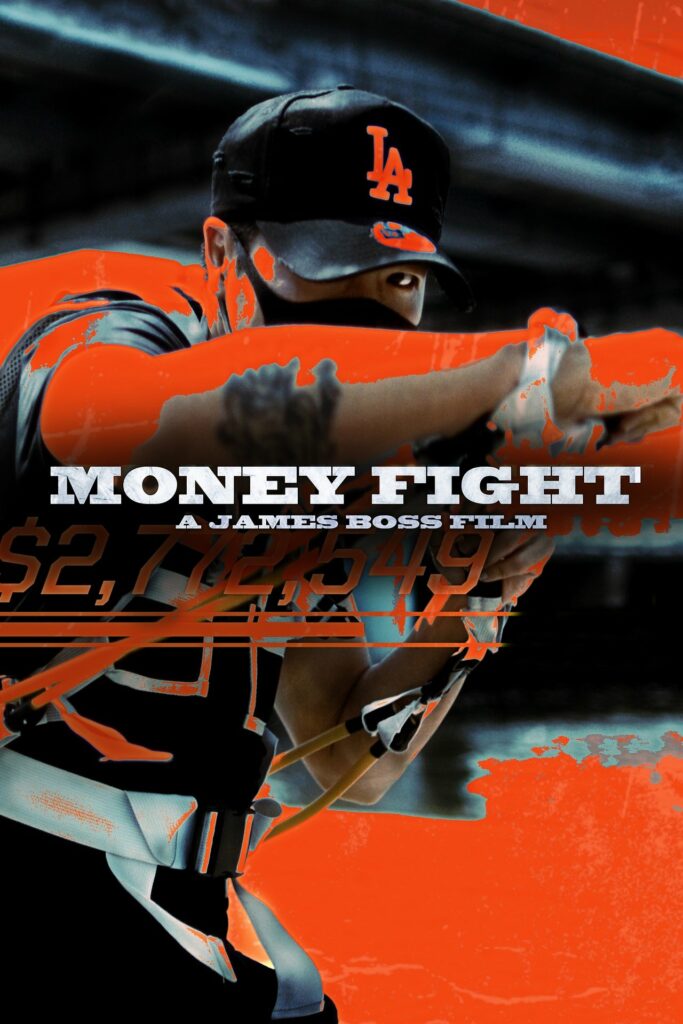The House That Boss Built
Inside Avantmark Pictures and the Gritty Ambition of ‘Money Fight’
In the current cinematic landscape, the democratization of technology has irrevocably altered the path to filmmaking. High-quality cameras are now accessible to the masses, and distribution platforms have shifted from the exclusive domain of major studios to the open digital marketplace. This has empowered a new generation of multi-hyphenate creators who write, direct, produce, and star in their own features, forging a path outside the traditional system. A compelling case study of this modern, DIY ethos is James Boss and his production company, Avantmark Pictures. His 2021 feature, Money Fight, serves as a fascinating artifact of this digital-first approach, a film whose very creation and subsequent reception tell a story about ambition, resourcefulness, and the shifting definition of success in independent cinema.
Money Fight taps into deeply contemporary anxieties. It follows a group of friends who, disillusioned with their mundane 9-to-5 jobs, decide to document their search for an underground fight club on the dark web. They put everything on the line—money, respect, and friendship—in a desperate bid to escape their circumstances. The film explores themes of economic precarity, the seductive danger of the internet’s hidden corners, and the breaking point of human connection under extreme pressure. While the film itself is a polarizing work, its journey from concept to screen reveals crucial truths about the challenges and potential pathways for 21st-century micro-budget genre filmmaking. Avantmark Pictures, under Boss’s guidance, appears to be pursuing a specific strategy, one that circumvents mainstream critical validation in favor of recognition within the niche but vibrant ecosystem of the genre festival circuit.
The Architect: Who is James Boss?
To understand Avantmark Pictures, one must first understand its principal creative force, James Boss. His career is a testament to a transnational, multi-disciplinary approach to art. A Korean-American born in Los Angeles, Boss’s creative education spanned continents and disciplines, from studying graphic design at The Art Institute of Los Angeles to furthering his study of theater at the Seoul Institute of the Arts. This dual cultural identity seems to inform his work, which often blends American genre conventions with a South Korean setting and sensibility, as seen in
Money Fight. His work in both the Hollywood and South Korean film industries has given him a unique perspective, allowing him to navigate different production environments and artistic expectations.
Boss is the quintessential modern indie filmmaker: a multi-hyphenate who serves as writer, director, producer, editor, and star on his projects. This approach is not merely an artistic choice but a practical necessity born from the realities of micro-budget production. His first feature, the horror-thriller
Anonymous 616 (2018), was produced for an astonishingly low $27,000.


Money Fight was made with a budget of just $140,000. In this context, taking on multiple key roles is a survivalist strategy. It allows a filmmaker to maintain an undiluted creative vision while drastically reducing the financial overhead that would make such projects impossible otherwise. This model, which can be termed the “auteur as survivalist,” is a direct result of the democratization of filmmaking technology. However, it is a high-risk, high-reward strategy. While it preserves the purity of a singular vision, it also forgoes the collaborative feedback and polish that can elevate a project, a factor that may contribute to the mixed reception his films have received.
Tracing his filmography reveals a clear focus on genre and a pattern of seeking validation outside the mainstream. His 2010 post-apocalyptic action film, White Wall, which he also directed and starred in, explored themes of survival and militia rule. The film’s score was composed by Marc Collin, a French musician known for the band Nouvelle Vague, hinting at Boss’s international network of collaborators. The film found its place among other niche indie genre films, suggesting an early understanding of his target audience. This was followed by the 2015 short film
Eternity, a fantasy-drama with martial arts elements that won “Best International Action Short Film” at the Buffalo Dreams Fantastic Film Festival. This award is a key data point, demonstrating a strategic targeting of the genre festival circuit, a strategy that would continue with
Money Fight. Avantmark Pictures, therefore, emerges as the official banner for this specific brand of filmmaking: raw, ambitious, internationally-inflected genre stories built from the ground up by a singular, tenacious creator.
The Main Event: Deconstructing Money Fight
The premise of Money Fight is immediately engaging: a group of friends, seeking an escape from their monotonous lives, venture into the dark web to document their search for an underground fight club. The film’s narrative is built on a foundation of found-footage and mockumentary conventions, a stylistic choice that is both thematically resonant and pragmatically brilliant for a micro-budget production.
The mockumentary lens is the film’s most significant formal element. With a budget of only $140,000, creating a polished, traditionally shot action film would be an insurmountable challenge. Instead, Boss leans into the limitations, transforming them into a stylistic strength. The found-footage aesthetic inherently justifies a raw, unpolished look; shaky cameras, naturalistic lighting, and diegetic sound are all conventions of the genre. This approach serves the narrative perfectly, as the premise is that the characters themselves are documenting their journey. The resulting rawness enhances the film’s sense of immediacy and danger, making the exploration of the dark web feel more authentic and threatening. This is a clear example of a filmmaker making a bold, intelligent choice to align aesthetic with budget, turning a potential weakness into a core component of the film’s identity.
Beneath the action and genre trappings, Money Fight explores a compelling thematic core centered on desperation and the corrupting influence of money. The film’s central question, as posed by its own synopsis, is “when is the point of no return?”. The narrative probes the psychological and moral lines that ordinary people are willing to cross when faced with the promise of wealth and respect. A line from the trailer encapsulates this thesis: “The fight is the easy part. It’s knowing when to cash out and walk away is the hard part”. This theme of financial desperation driving extreme behavior is a timeless one, placing the film in conversation with a long tradition of crime thrillers that examine the dark side of ambition.
In The Ring: The Performances That Drive the Fight


A key element of the film’s mockumentary style is the meta-textual choice for the main cast to play characters named after themselves. James Boss, Ryu Abel, Eric Park, and Pedro Lanre anchor the film, and this decision is designed to blur the line between fiction and reality, enhancing the found-footage conceit. As the central figure, James Boss carries the weight of the film, and his performance must be assessed not just as an actor but as the orchestrator of this entire world. His background in theater and acting at institutions like the Howard Fine Studio and the Seoul Institute of the Arts provides him with the foundation to lead the cast through this unconventional project.
The chemistry between the core group of friends is crucial for the film’s emotional stakes. As they descend deeper into the violent world of underground fighting, the authenticity of their bond is what makes their potential fracturing so compelling. The supporting cast, including Soowoo Nam and Seung Jun Eem, contributes to the sense of a real, lived-in community on the fringes of society.
The film’s action sequences are another vital component. The selection of Money Fight for the Urban Action Showcase suggests that the fight choreography is a point of pride for the production. Consistent with the film’s overall aesthetic, the action is likely presented with a raw, unpolished energy that mirrors the handheld cinematography, aiming for visceral impact over stylized grace. This approach to action, grounded in a sense of brutal reality, aligns with the film’s gritty themes and mockumentary format.
The Verdict: A Split Decision
The reception of Money Fight has been starkly divided, a split decision that speaks volumes about its place in the film world. On one hand, its mainstream audience scores are undeniably low, with an IMDb rating of 4.3/10 and a limited number of user reviews on platforms like Amazon Prime Video. The film lacks a Rotten Tomatoes score, indicating it was never screened widely enough to garner a consensus from mainstream critics. On the other hand, the film has found a different kind of success on the festival circuit, earning an “Award of Recognition” at Indiefest and being named an “Official Selection” at both Vegas Cine Fest and the Urban Action Showcase.
This dichotomy is not a sign of failure but rather evidence of a targeted and arguably successful strategy. For a micro-budget genre film like Money Fight, competing for widespread theatrical distribution or mainstream critical acclaim is an uphill battle. Instead, Avantmark Pictures appears to have embraced the festival circuit as its primary ecosystem for validation and audience discovery. Winning awards and gaining selections at respected niche festivals provides the film with laurels and a degree of legitimacy it might not otherwise achieve. This creates an alternate path to success, one where the metrics are not box office numbers but festival acceptances and genre-specific accolades.
The general audience’s lukewarm response can likely be attributed to the very aesthetic that makes the film work on a conceptual level. The raw, unpolished, and sometimes jarring nature of found-footage can be alienating to viewers accustomed to the high gloss of studio productions. Festival programmers and genre enthusiasts, however, are more likely to appreciate the ambition, resourcefulness, and thematic weight of such a project. They can see the intelligence behind using the mockumentary format to overcome budgetary constraints and enhance the story’s gritty realism.
Ferdosa’s Final Word: The Future of Avantmark Pictures
Ultimately, Money Fight is a fascinating and instructive piece of independent cinema. It may not be a conventionally “good” film by mainstream metrics, but it is a successful one within its own carefully carved-out niche. It stands as a testament to the unwavering vision and tenacity of its creator, James Boss. Through his work, Avantmark Pictures has established a clear brand identity: a vehicle for raw, ambitious, and internationally-flavored genre films that deliberately operate on the industry’s periphery. The company’s very name, which one could interpret as a mission to make an “avant-garde mark,” neatly summarizes this ethos.
The story of Money Fight and Avantmark Pictures reflects a broader truth about the state of modern filmmaking. In an era dominated by streaming giants and billion-dollar franchises, the path for the truly independent creator is more challenging than ever. Yet, it is also ripe with opportunity for unique, personal, and unapologetically niche storytelling. James Boss is not just making movies; he is fighting for a space in a crowded and often unforgiving landscape. His work is a reminder that there are many ways to measure success, and sometimes, the most rewarding victory is simply bringing a singular vision to the screen, against all odds. For that, he and Avantmark Pictures command respect.
| Film Title | Year | Director | Key Cast | Genre(s) | Budget | IMDb Rating | Key Awards / Nominations |
| White Wall | 2010 | James Boss | James Boss, Gary Kohn, Michael Teh | Action, Sci-Fi, Thriller | N/A | N/A | N/A |
| Eternity (Short) | 2015 | James Boss | James Boss, Woo Daeshik, Ryu Sun Young | Drama, Martial Arts, Fantasy | N/A | N/A | Winner: Best International Action Short Film (Buffalo Dreams Fantastic Film Festival) |
| Money Fight | 2021 | James Boss | James Boss, Ryu Abel, Eric Park, Pedro Lanre | Thriller, Action, Drama, Mockumentary | $140,000 | 4.3/10 | Winner: Award of Recognition (Indiefest); Official Selection (Vegas Cine Fest); Official Selection (Urban Action Showcase) |
